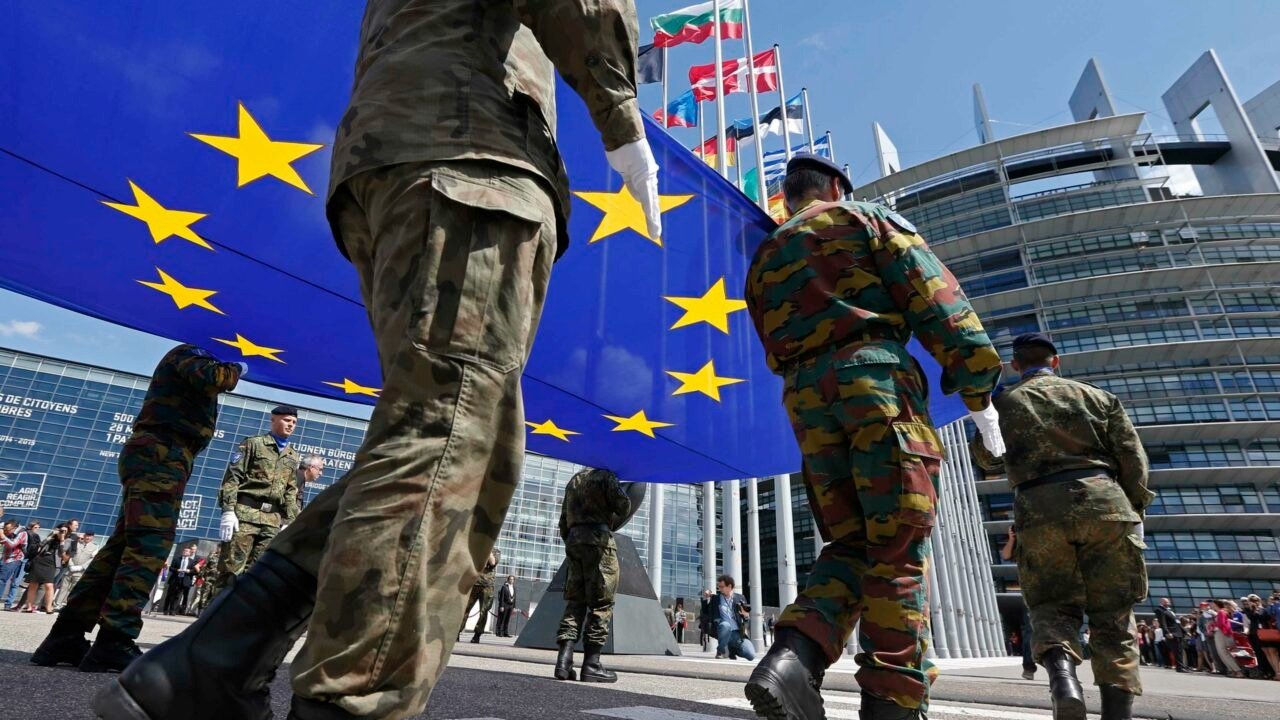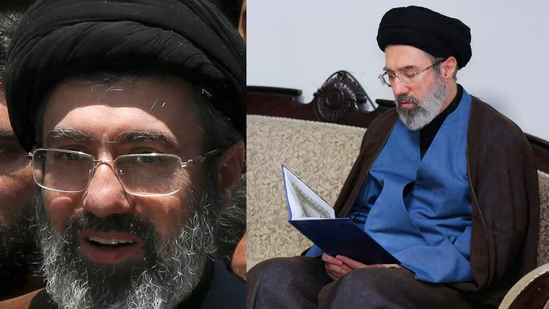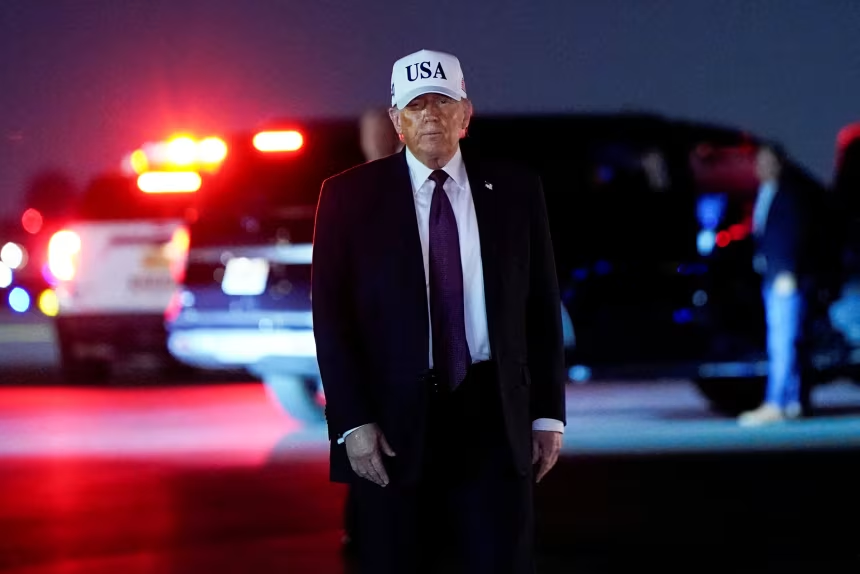The European Union has agreed to a major trade deal with the United States, raising tariffs on most European exports to 15%, a 10% increase from current levels. The agreement, finalized after a brief meeting between European Commission President Ursula von der Leyen and former U.S. President Donald Trump, has drawn criticism across Europe. Many view it as a symbol of Europe’s growing security dependence on the United States.
France’s prime minister called it a “dark day” for the EU, saying the decision looked like “submission” to U.S. pressure. Critics were quick to highlight von der Leyen’s public handshake with Trump, describing it as a political compromise rather than a strong negotiation.
Despite the economic cost, the EU believes the deal was necessary. “It’s not only about trade,” said EU Trade Commissioner Maroš Šefčovič. “It’s about security. It’s about Ukraine. It’s about current geopolitical volatility.”
The agreement comes at a time of great uncertainty for Europe. With the war in Ukraine continuing and fears growing over Russia’s intentions, many European countries are increasing their defense spending and military support for Ukraine. Some are even sending their own air defense systems to Ukraine and plan to restock using American-made weapons.
Former President Trump, speaking casually after a round of golf in Scotland, confirmed U.S. military support would continue. However, his tone was far from firm. “I guess it’s for the most part working with Ukraine,” he said, raising concerns in Europe about his commitment to NATO.
Around 84,000 U.S. troops are based across Europe, forming a critical part of NATO’s deterrence strategy. But the Pentagon is expected to announce a drawdown of U.S. forces in Europe by October, further increasing pressure on the EU to strengthen its own defenses.
One part of the trade deal involves a new commitment by Europe to buy more U.S. oil, gas, and nuclear fuels. This follows years of effort by the EU to cut its dependence on Russian energy, especially since the start of the war in Ukraine. However, countries like Hungary and Slovakia are still closely tied to Russian supplies.
“Purchases of U.S. energy products will diversify our sources and strengthen our energy security,” von der Leyen said in Scotland, adding that replacing Russian energy is key to Europe’s future stability.
Analysts believe the EU had little choice but to accept the deal. “The EU is in a difficult spot because we’re very dependent on the U.S. for security,” said Niclas Poitiers, an expert at a European research center. “I think there was not a big willingness to pick a major fight.”
Europe is also spending heavily to boost its defense. At the recent NATO summit, member countries pledged to increase defense budgets by hundreds of billions over the next decade. This push is aimed not only at strengthening Europe’s military readiness but also at convincing the U.S. to remain fully committed to the alliance.
In private, European leaders are trying to stay on good terms with Trump. A text message from NATO Secretary-General Mark Rutte to Trump recently surfaced online, saying, “Europe is going to pay in a BIG way, as they should, and it will be your win.” Rutte later said he had no problem with the message being shared publicly.
Though von der Leyen remained composed in her meeting with Trump, she avoided challenging him on false claims — such as that the U.S. alone sends aid to Gaza. In fact, the EU is the world’s largest contributor of humanitarian aid to Palestinians.
While the new tariffs will hurt the EU economy, experts say the damage is manageable. “This is a negative shock,” said Poitiers, “but not on the level of COVID or the energy crisis.”
For now, Europe appears willing to accept a higher price in both trade and diplomacy — all to keep the U.S. on its side.







